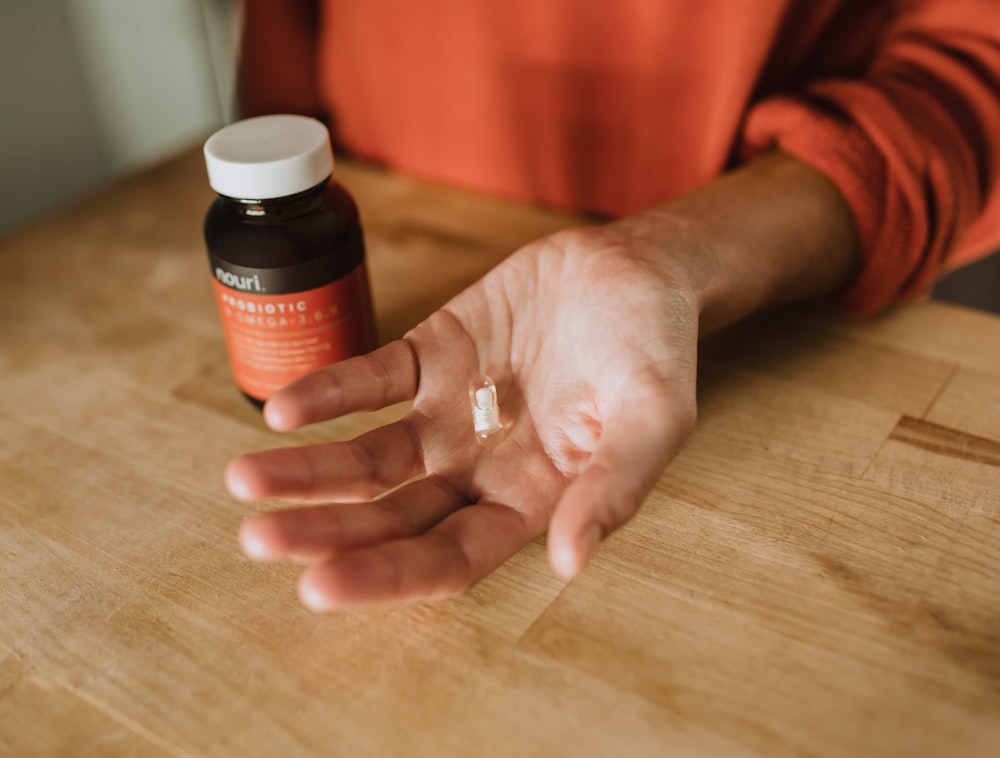Subheading: Understanding the Importance of Gut Health
Your gut health plays a significant role in your overall well-being. A healthy gut contributes to better digestion, stronger immunity, and improved mood. By focusing on enhancing your gut health, you can experience numerous benefits and lead a happier, healthier life.
Subheading: Incorporating Fiber-Rich Foods
Fiber is essential for promoting healthy digestion. Incorporating fiber-rich foods into your diet, such as fruits, vegetables, whole grains, and legumes, can help regulate bowel movements and prevent constipation. Aim to include a variety of fiber sources in your meals to support optimal gut health and improve digestive function.
Subheading: Prioritizing Probiotics
Probiotics are beneficial bacteria that support gut health by maintaining a balanced microbiome. You can find probiotics in fermented foods like yogurt, kefir, sauerkraut, and kimchi, as well as in probiotic supplements. Adding probiotic-rich foods to your diet can help replenish beneficial bacteria in your gut and promote smoother digestion.
Subheading: Drinking Plenty of Water
Staying hydrated is essential for proper digestion. Water helps soften stool, making it easier to pass and preventing constipation. Additionally, adequate hydration supports the production of digestive enzymes and gastric juices, which aid in breaking down food and absorbing nutrients. Aim to drink at least eight glasses of water per day to support optimal digestive health.
Subheading: Mindful Eating Practices
Practicing mindful eating can significantly improve digestion. Take the time to chew your food thoroughly and savor each bite. Avoid eating too quickly or while distracted, as this can lead to overeating and poor digestion. Pay attention to your body’s hunger and fullness cues, and stop eating when you feel satisfied. Mindful eating can help reduce digestive discomfort and promote better nutrient absorption.
Subheading: Managing Stress Levels
Stress can have a significant impact on your digestive health. Chronic stress can disrupt the balance of bacteria in your gut, leading to digestive issues such as bloating, gas, and indigestion. Incorporating stress-management techniques into your daily routine, such as meditation, deep breathing exercises, yoga, or spending time in nature, can help support a healthy gut and improve digestion.
Subheading: Getting Regular Exercise
Regular physical activity is essential for maintaining optimal gut health. Exercise helps stimulate digestion and promotes regular bowel movements. Aim to incorporate at least 30 minutes of moderate-intensity exercise into your daily routine, such as walking, jogging, cycling, or swimming. Regular exercise can help alleviate digestive discomfort and improve overall gut function.
Subheading: Limiting Trigger Foods
Certain foods can exacerbate digestive issues and contribute to gut discomfort. Common trigger foods include processed foods, fried foods, spicy foods, and high-fat foods. Additionally, some individuals may be sensitive to certain foods like gluten, dairy, or FODMAPs. Pay attention to how your body reacts to different foods and consider eliminating or reducing trigger foods from your diet to support better digestion.
Subheading: Practicing Good Hygiene
Good hygiene habits can help prevent digestive infections and maintain a healthy gut microbiome. Wash your hands thoroughly before preparing or eating food, and ensure that food is cooked and stored properly to prevent contamination. Avoid sharing utensils, cups, or towels with others, especially if they are sick. These simple hygiene practices can help protect your gut health and prevent digestive issues.
Subheading: Seeking Professional Guidance
If you continue to experience digestive issues despite making lifestyle changes, it may be helpful to seek guidance from a healthcare professional. A doctor or registered dietitian can help identify underlying digestive disorders or food sensitivities and recommend appropriate treatment options. Don’t hesitate to reach out for support if you’re struggling with persistent digestive problems. Read more about Tips for improving digestion

